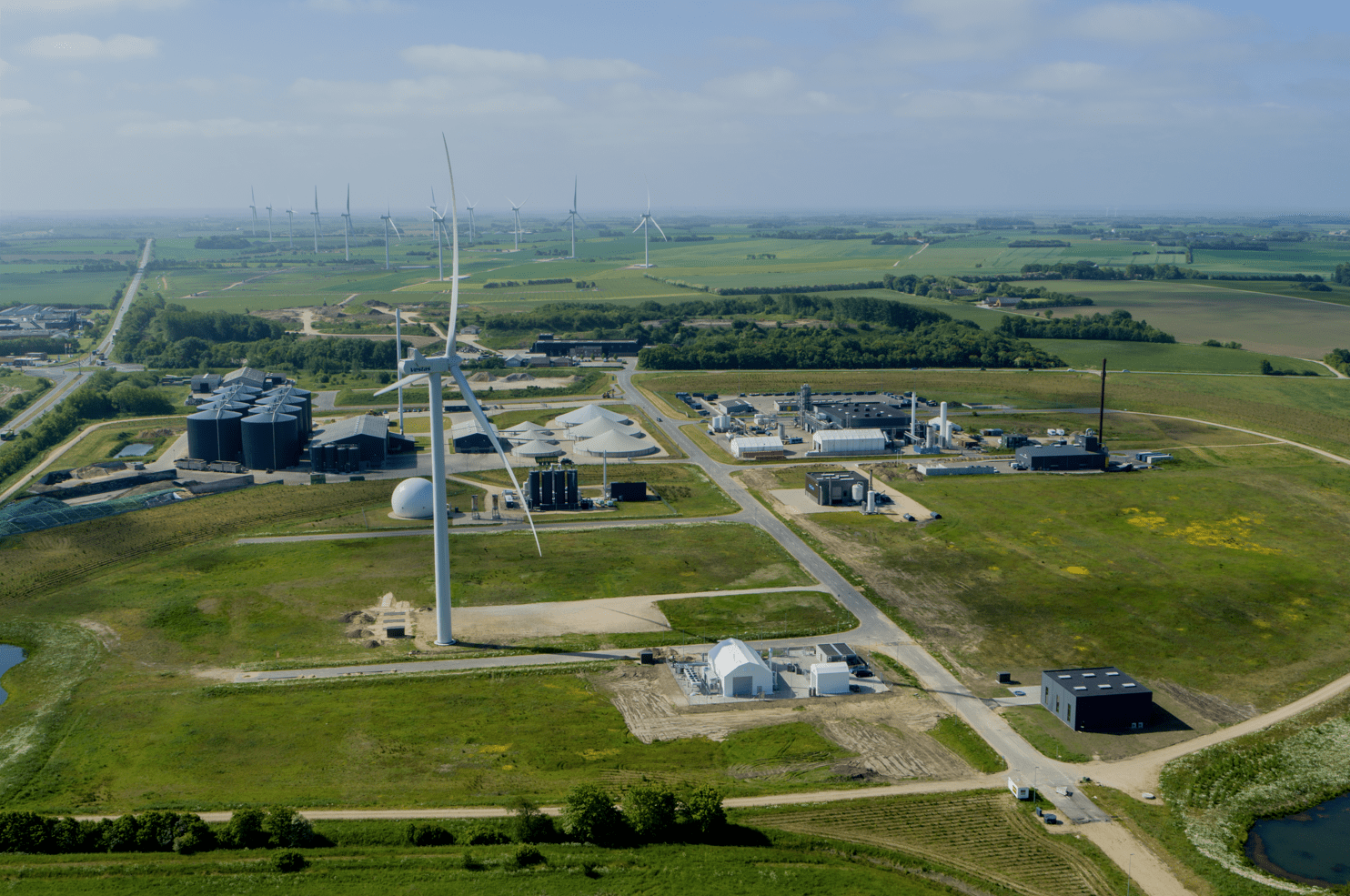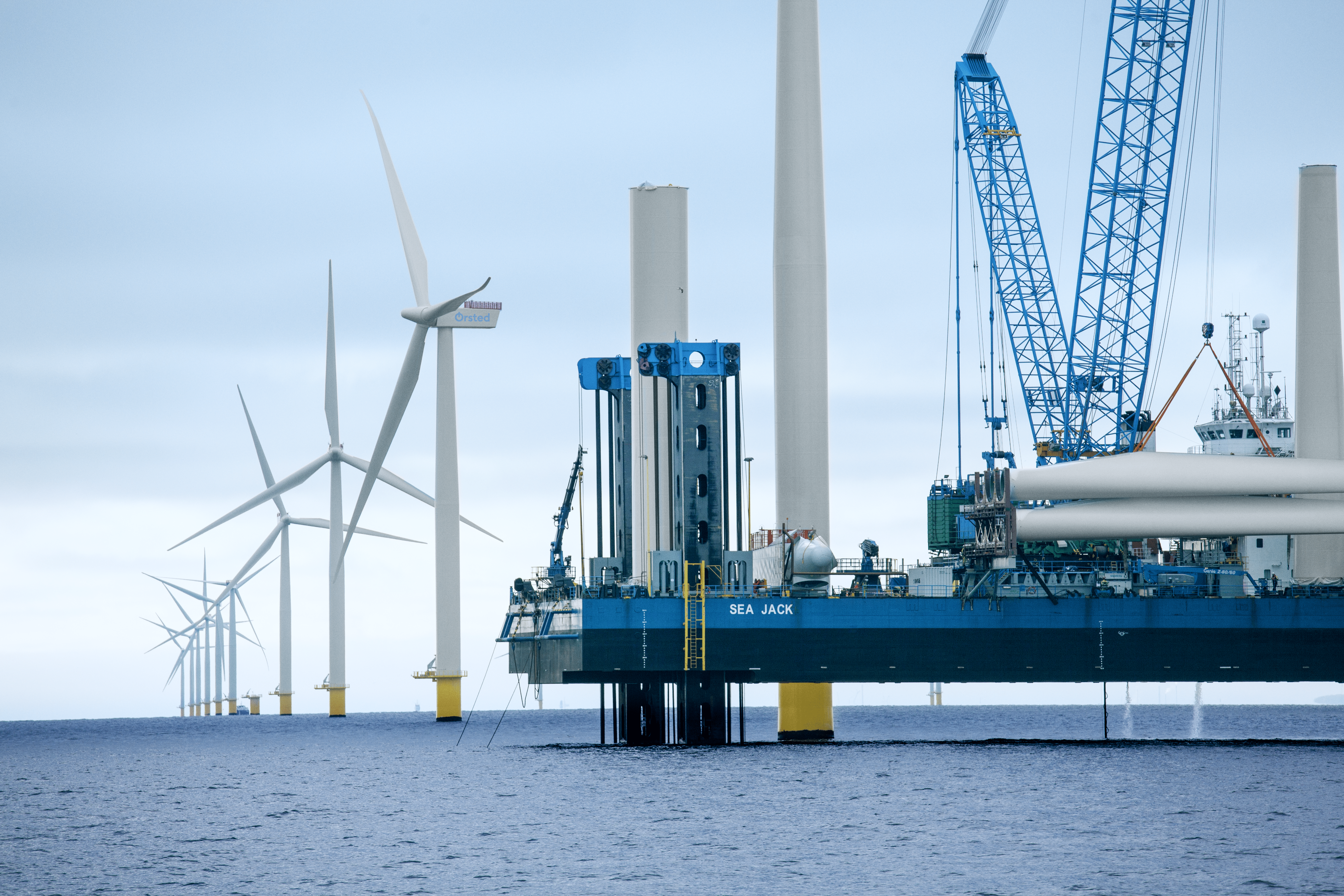News
CHP
District energy
District heating
+8
Denmark tops Energy Trilemma Index third year running


The 2017 Index was launched during the United Nations Climate Conference, COP23, in Germany in November, while the World Energy Council, which is a UN accredited body and responsible for compiling the index, presented the Indexes accompanying report to Danish stakeholders in Copenhagen this week.
Achieving the trinity
The so-called Energy ‘Trilemma’ index gets its name based on the premise that achieving a balance between the different dimensions (energy security, energy equity and environmental sustainability) will entail compromises and trade-offs. Furthermore, while achieving one or two of the dimensions is generally attainable, achieving a balance between all three is highly challenging. Assessing the national energy systems of 125 member countries, the Index ranks and compares the countries based on how well they navigate the trade-offs and achieve a balance. New indicators have recently been added to reflect the contemporary challenges national energy systems are facing, such as achieving a more diverse energy supply and securing a more resilient system, where energy storage and the ability of a country to prepare for and repair energy infrastructure following shocks (known as the human factor) are considered.
-Related News: Denmark #1 in World Energy Council's Energy Sustainability Report
The report is intended as a tool for both public and private decision-makers in the energy sphere. It aims to spur the adoption of a more holistic approach to energy planning, and heighten awareness that steps taken in order to achieve progress in one dimension can negatively affect the other dimensions.
European Countries Achieve Top Rankings
With the exception of New Zealand, European countries procured the top ten spots of the index, with Denmark, Sweden and Switzerland placed first, second and third respectively. Denmark’s secure energy supply resulted in the country achieving the top score in that category and the country was also ranked highly for the environmental sustainability of its energy system. The taxes and levies Denmark imposes on energy consumers as a means to finance energy efficiency measures and investments in renewable energy meant that Denmark fell outside of the top ten countries in the energy affordability category. However, given that the energy efficiency measures and investments in renewable energy contribute to ultimately lowering energy prices, Denmark still scores highly, placed 12th on the list.
-Related News: The Energy Commission Presents Recommendations for Denmark's Future Energy Policy
Future Challenges for Energy
The accompanying report highlights three interlinked trends affecting demand and supply in the global energy sector, namely decarbonisation, digitalisation and decentralisation. The trends are increasing the complexity of energy systems and present a number of challenges for policy makers, who will need to accommodate new actors and new technologies into both distribution and transmission systems, as well as regulatory frameworks. However, if they manage to achieve this, they will also make progress in all dimensions of the energy trilemma.
Sources: The Confederation of Danish Industry, The World Energy Council
You should consider reading
events
Carbon capture, storage and utilisation
+4















